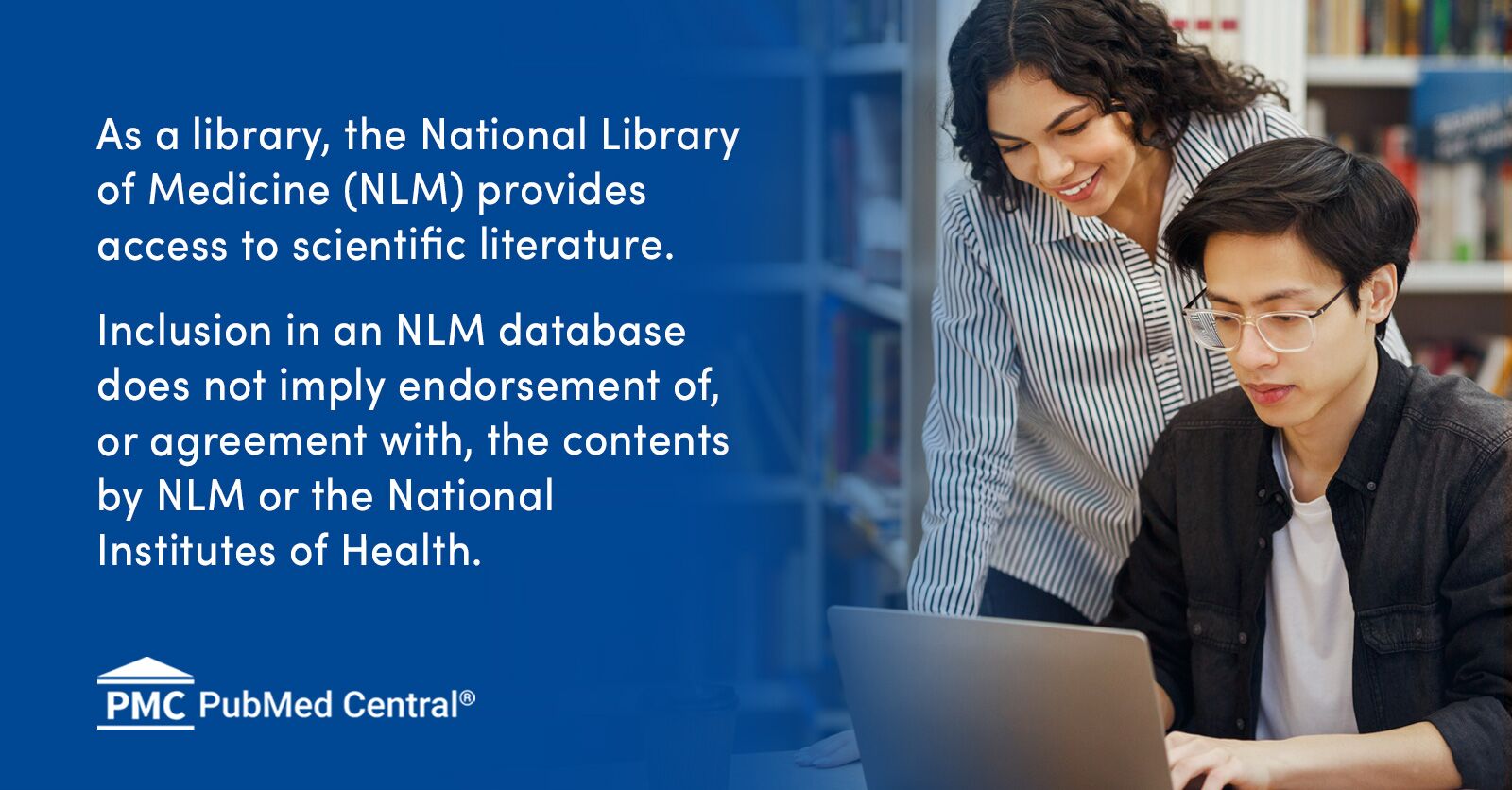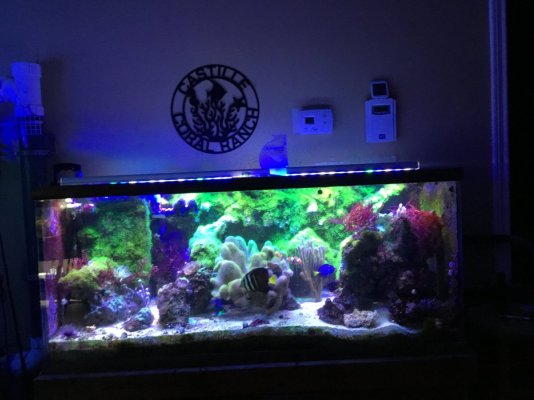You realize you have put yourself in the camp with PaulB.I describe my method but I do not say that its the only one - it had worked for me in a mature aquarium - but I´m not sure that it will work everywhere. Yes - it is a personal method and personal experiences. However - my method does not incorporate any chemical treatment just case. The only chemical I use is H2O2 in an oxydator. Especially if there is newcomers. But I wonder which form of open water micro animal that will survive here for a prolonged time?

Sincerely Lasse
@Lasse
When did you last eat crawfish? I am going to start
“end of summer” celebration today with a crawfish boil. If you come, we can invite Paul.
Last edited:




















